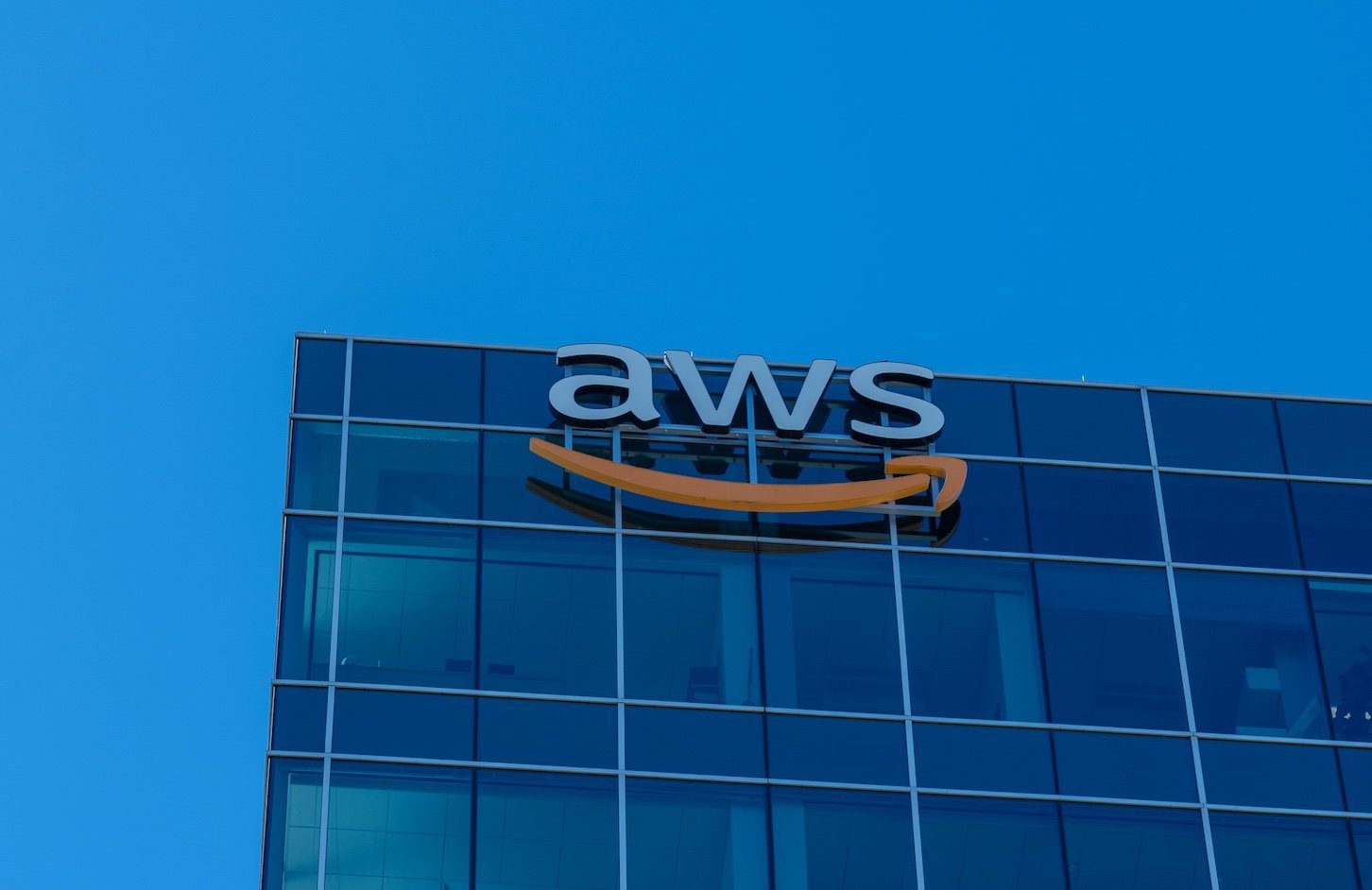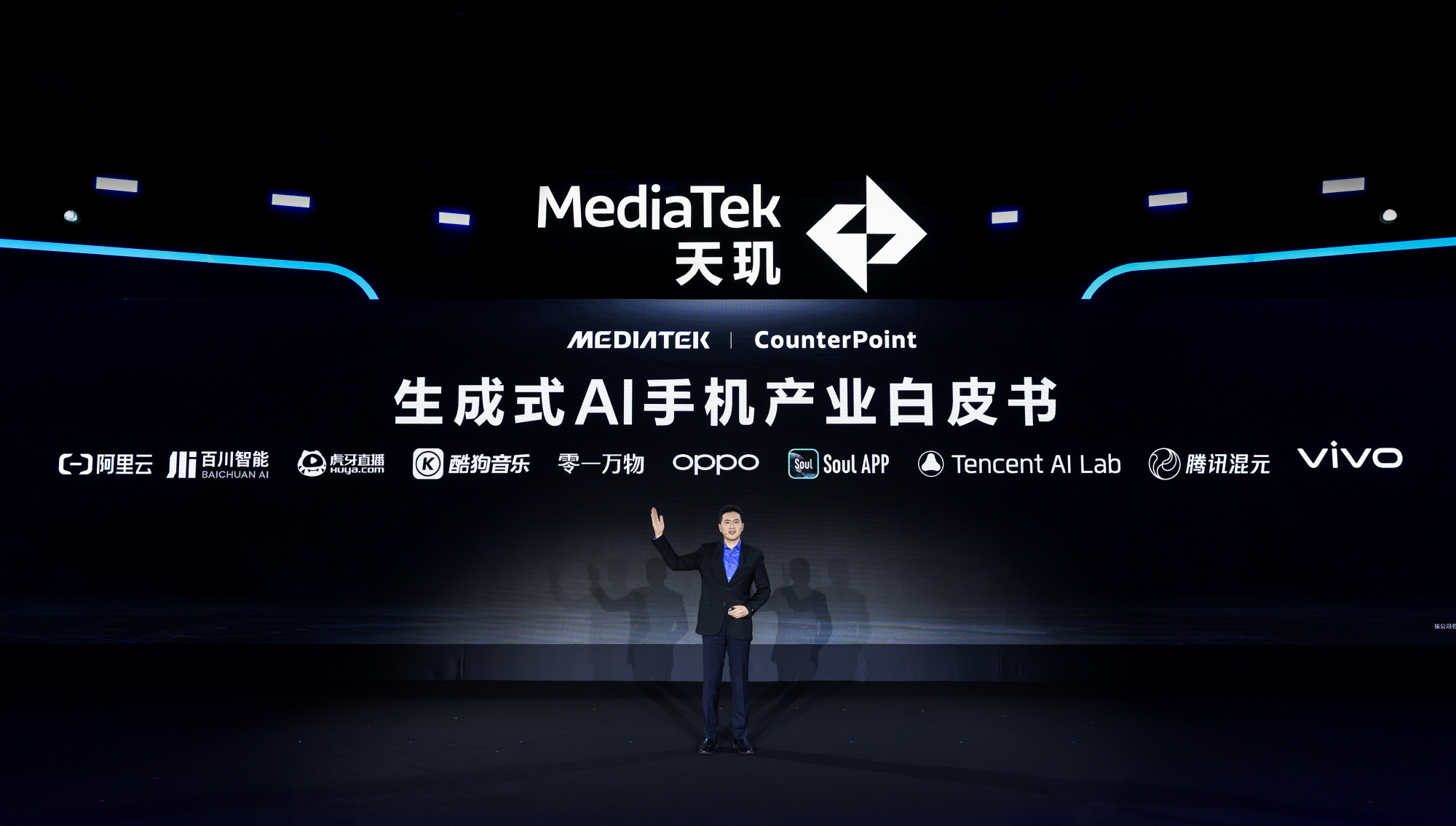After exiting Ghana in 2024, citing profitability issues, Glovo is placing its next big bet on Nigeria. The country now represents the food delivery giant’s most promising growth market in Africa, as it shifts focus to regions showing stronger traction.
When Glovo launched in Morocco in 2018, its first African market, the goal was simple: test the waters and move fast if things clicked. It did, and by 2019, the Spanish food delivery giant began rapidly expanding into new African cities. Today, Africa accounts for 25% of Glovo’s global footprint, and the company has invested more than €206 million ($220 million) on the continent. As competition tightens and funding pressure mounts, Glovo is doubling down on markets that show a clearer path to profitability.
“If you look at the economics, the number of cities, and the complexities around urban logistics, all the indicators show Nigeria can be a really great market for us,” said William Benthall, Glovo’s global public affairs lead, in an interview on the sidelines of GITEX Africa in Marrakech.
A big bet on Africa
While global delivery platforms have slowed or halted their ambitions in Africa, Glovo is taking the opposite approach. The company, which was acquired by Germany’s Delivery Hero in 2022, sees Africa as a strategic pillar of its growth ambitions. Glovo operates in six African countries: Nigeria, Kenya, Morocco, Tunisia, Uganda, and Ivory Coast.
Since entering the continent in 2018, Glovo says it has provided 60,000 riders with income opportunities and onboarded over 45,000 shops and restaurants across the continent, 90% of which are small- and medium-sized businesses. The company claims those vendors have earned more than €1 billion ($1.07 billion) in direct economic value through Glovo in the past four years alone.
The company has onboarded around 3,000 vendors and works with 2,000 active riders in Nigeria. Its quick commerce segment, which includes groceries and non-food retail shops, has become its fastest-growing vertical in Nigeria, with gross merchandise value (GMV) surging 76% year-over-year in 2024. However, the company declined to share specific numbers.
Why Ghana didn’t work
Glovo’s expansion into Ghana was always a bet with some risk. The launch came at the height of the COVID-19 pandemic, during which Ghana imposed some of the continent’s strictest travel and testing rules, Benthall said.
“It was the only country where you had to be tested to leave your home country, when you entered, and again when you left,” he recalled. That severely disrupted the international community in Accra, one of Glovo’s target user bases.
Add to that Ghana’s steep inflation, currency devaluation, and smaller overall market size, and the exit became inevitable. “We could have done it better. Or maybe we were unlucky. Probably both,” he said. “It became clear that even if we weathered the short-term pain, the long-term picture still looked uncertain.”
While Glovo’s reasons are valid, a closer look reveals a more complex picture. Even pre-pandemic, Ghana’s food delivery market had been competitive with established players like Jumia Food and Bolt Food. While e-commerce giant Jumia discontinued its food delivery business in Ghana and other countries, citing poor financial performance in those specific markets, Bolt Food has thrived in Ghana, relying on wide vendor selection, high service quality, and affordable but viable pricing. Nigeria’s Chowdeck, with over 1 million users in three years, is also expanding to Accra, becoming the latest entrant in a market projected to reach $291 million by 2029.
Benthall leaves the door open. “If circumstances change, we’d certainly consider going back,” adding that Glovo will launch in new African markets, though he declined to share which ones.
All-in on Nigeria
If Ghana is a cautionary tale, Nigeria is Glovo’s next big test. The company was relatively late to launch in Africa’s largest economy, and has had to contend with its economic volatility, including naira devaluation, rising inflation, and infrastructure gaps.
Yet Glovo sees Nigeria as its most important long-term play on the continent. Executives visited in January to assess market conditions, and the consensus, Benthall said, was unanimous: invest more.
That investment is taking several forms. The company runs a customer service center in Nigeria, enabling users to speak with local agents familiar with their needs and context. Glovo has also deployed sales teams to onboard local restaurants to repeat orders.
“We’re not going to succeed there just by having Chicken Republic and really big names, we’re going to succeed by really understanding people’s local food preferences and local store preferences,” Benthall said, referring to the company’s strategy to build a hyper-localised marketplace.
Brand visibility is another major focus. “If you drive around Lagos, you’ll see billboards across the city,” Benthall noted. “It’s all part of building top-of-mind awareness.”
From food to everything
When Benthall joined Glovo in 2019, quick commerce—ultra-fast delivery typically within one hour of placing an order—was less than 10% of the company’s African order volume. Today, it makes up 30% to 50% of all orders, depending on the market, and it’s still growing. While Glovo declined to disclose exact GMV figures, the shift underscores what Benthall sees as the real opportunity.
“This is the future,” he said. “I didn’t join Glovo to just deliver burgers. I joined because I saw that quick commerce was where the opportunity was.”
That opportunity is increasingly visible in Nigeria, where delivery platforms that started as restaurant aggregators are now adding non-food items—including personal care, electronics, and pharmaceuticals—to their inventory. Chowdeck lists beauty and wellness items from vendors like Zaron and Medplus. Bolt Food also recently added convenience items in select areas, including beverages and packaged snacks.
Why food delivery isn’t always fast
Delivering food fast proved difficult for the global company used to working with restaurants with advanced cooking technology and less time-consuming recipes. Early on, Africa had the longest delivery wait times across Glovo’s global operations, Benthall said. Glovo’s average delivery time in Lagos is around one hour.
Every 10-minute delay in delivery cuts reorder rates by 20%. In Africa, where poor road infrastructure and unreliable mapping make deliveries challenging.
“If a goat has to be cooked on an open flame, it’s going to take time,” he quipped. Addressing these issues has meant everything from educating partner restaurants on order prep timing to improving GPS tagging for better routing.
Glovo says it also offers upskilling to its riders. “We offer additional training platforms so riders can learn how to start a business or learn a new language, or learn coding,” he said.
In Morocco, Benthall says average rider income is three times the $316 minimum wage. In Nigeria, some earn more than entry-level bank workers, though he declined to share specific figures. Chowdeck riders earn between ₦100,000 ($62) and ₦150,000 ($93) monthly, while HeyFood drivers earn between ₦50,000 ($31) and ₦200,000 ($124) monthly, depending on how many trips they make.
Competing in Nigeria’s crowded market
Glovo isn’t alone in Nigeria. Local players like YC-backed Chowdeck have built reputations for speed and strong customer support. Benthall acknowledges the competition. “They’re good at what they do,” he said. “We welcome competition. It grows the category.”
Beyond delivery, Glovo sees itself as part of Africa’s broader tech ecosystem. The company runs startup competitions across countries, offering winners exposure, funding, and support. In Kenya, for instance, Glovo recently sent nine startups to Barcelona to participate in its global startup lab. “Startups like Glovo have a responsibility to the ecosystem,” Benthall said.
He adds that Glovo’s expansion playbook also hinges on localisation. “Even with the best technology that you’re bringing into these countries, like world-class tech, thousands of engineers working on this thing to make sure it’s cutting edge, without localisation, you’re nothing,” he said. “That’s what some local players really excel at: making sure they’re speaking to local customers in the right way. They have the knowledge of the best businesses to partner with. That’s what Glovo is working on too.”
That ecosystem-first approach may ultimately determine Glovo’s staying power. In a continent where trust and access drive loyalty, the platforms that stick will be those that do more than just deliver; they’ll help build.








